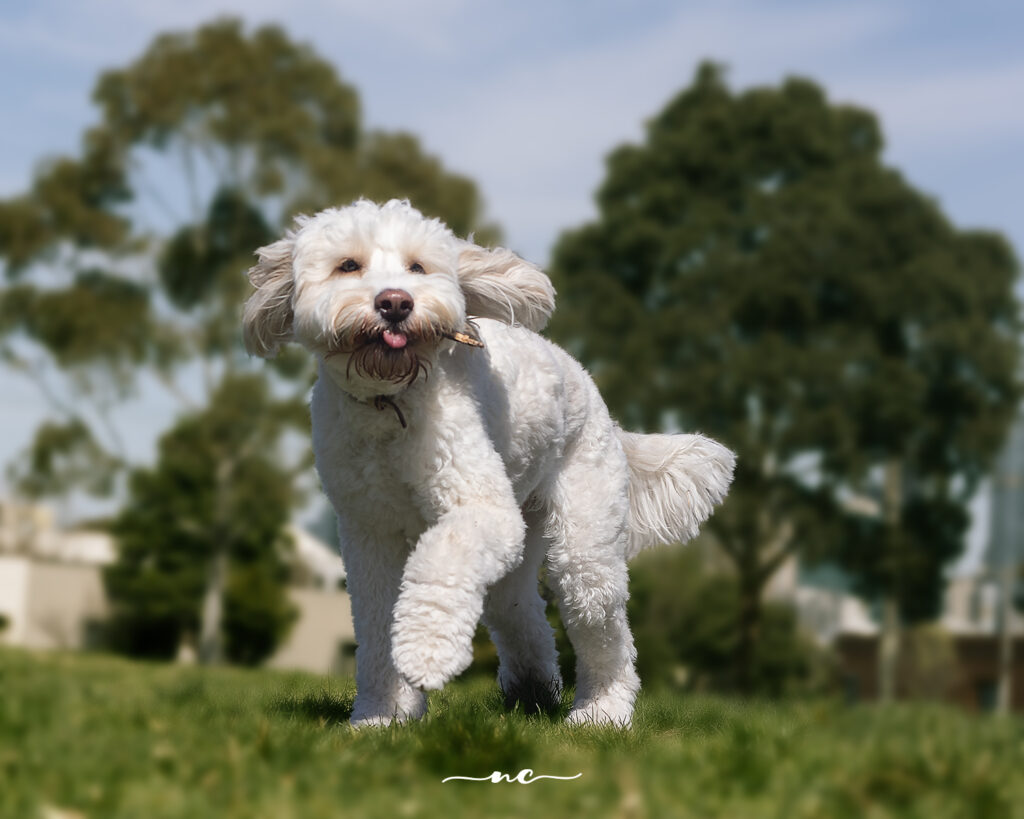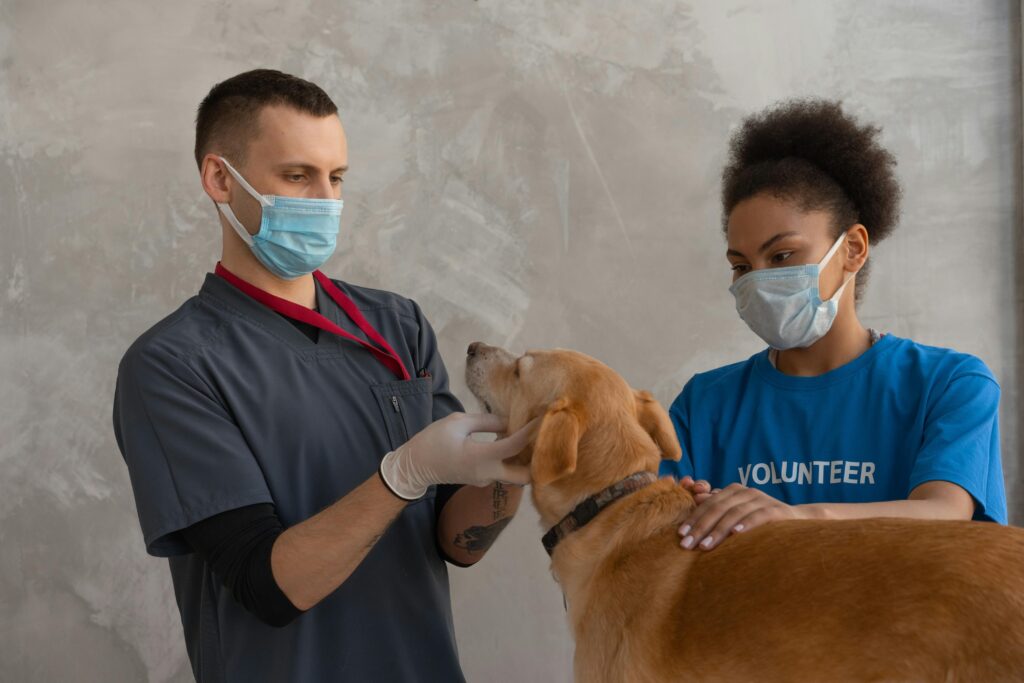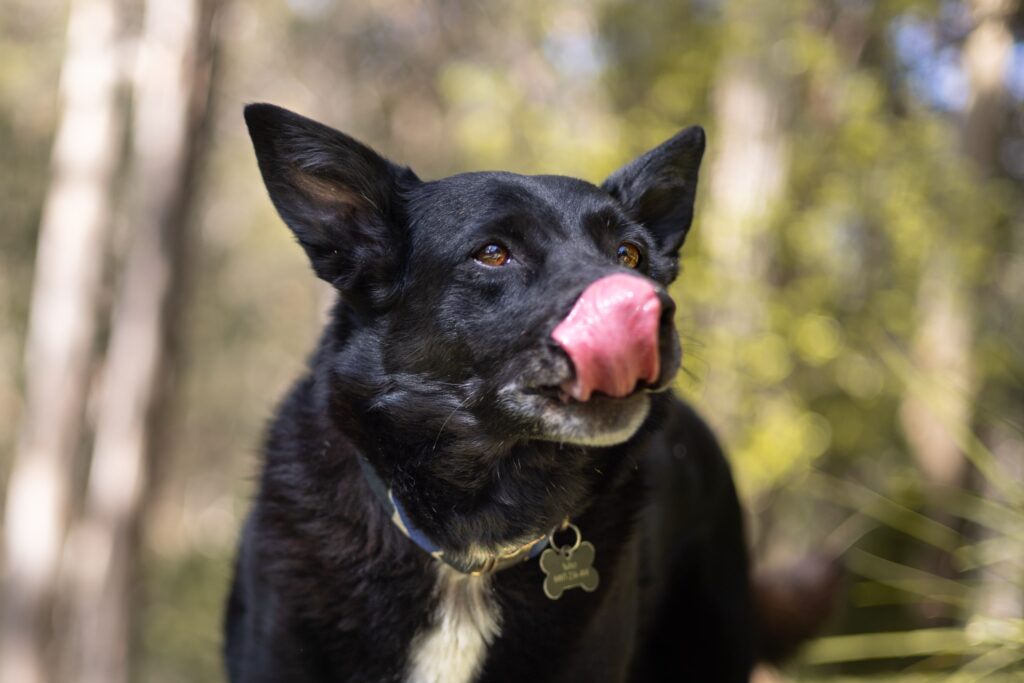Hey there, pet parents! Ever wondered why your usually happy-go-lucky pooch suddenly turns into a ball of nerves? Well, you’re not alone.
As it turns out, our four-legged buddies can get just as stressed as we do, and sometimes for reasons that might surprise you. Let’s dig into five mind-blowing causes of doggy anxiety that’ll have you saying, “Aha! So that’s what’s going on!”
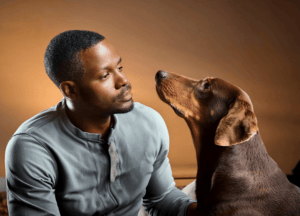
1. Your emotions affect your dog’s emotions
First things first, did you know that your dog is basically an emotional sponge? Yep, you heard that right! Our pups are incredibly tuned in to our feelings, and they often mirror what we’re going through.
So, if you’ve been feeling stressed, anxious, or even just a little off lately, chances are your furry friend has picked up on it.
Think about it – have you been working longer hours, arguing with your partner, or just feeling overwhelmed by life? Your dog notices these things, and they can start to feel unsettled too. It’s like they’re thinking, “If my human is worried, I should be worried too!”
So, next time you’re feeling frazzled, remember that taking a few deep breaths isn’t just good for you – it’s good for your pup too!
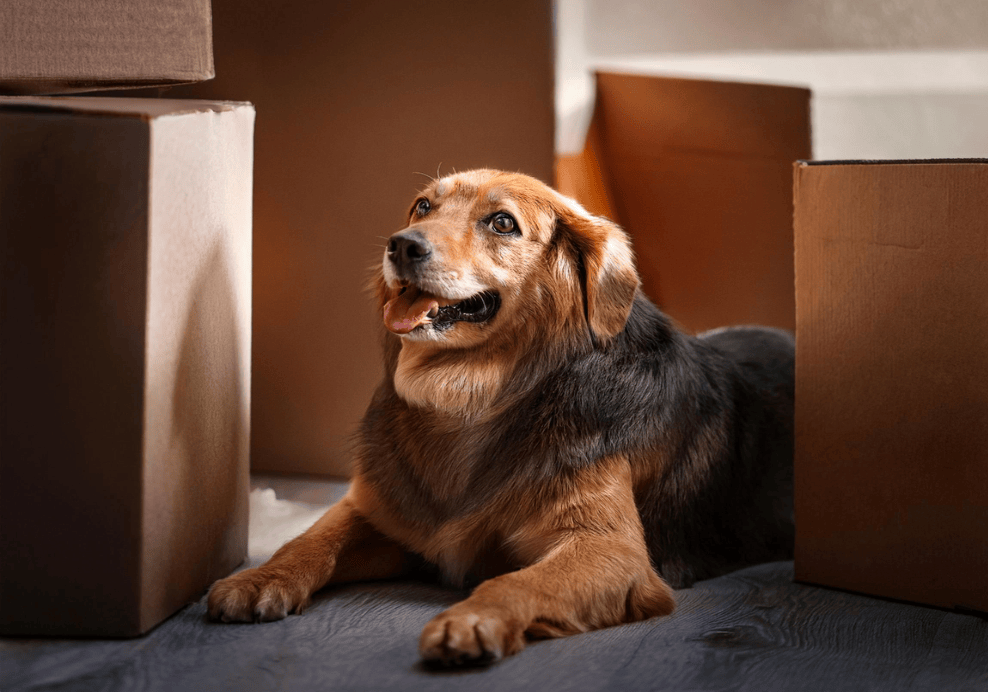
2. The mysteries of a changing environment
Okay, here’s a wild thought – what if your dog’s anxiety is actually a sign that they’re super smart?
Stay with me here! Dogs thrive on routine and familiarity, but they’re also incredibly observant. When things in their environment change, even in ways we might not notice, they can get a bit freaked out and need time to adjust.
Did you bring home a new baby? That would certainly be a massive change for your dog. Or perhaps you’ve just rearranged the furniture recently? Even something as simple as changing your work schedule can throw your dog for a loop.
Dogs are like little detectives, always on the lookout for changes in their world. So if your pup seems anxious, take a look around – you might be surprised at what they’ve noticed that you haven’t!
3. Hidden health concerns in your dog
Now, here’s where things get really interesting. Sometimes, what we perceive as anxiety in our dogs might actually be their way of telling us something’s not quite right with their health. It’s like their body’s alarm system, and we need to pay attention!
Chronic pain, thyroid issues, or even vision and hearing problems can manifest as anxious behavior in dogs. Think about it – if you were in pain or couldn’t see or hear well, you’d probably be a bit on edge too, right?
So if your dog’s anxiety seems to come out of nowhere or doesn’t improve with other interventions, it might be time for a check-up at the vet.
4. The howling ghost of trauma past
Next up, let’s shine a light on trauma. While it’s certainly not a fun thought, just like us humans, our furry friends can carry emotional baggage from past experiences.
Yep, you read that right – dogs can have PTSD too! Maybe your rescue pup had a rough start in life, or your longtime companion had a scary experience at the vet or dog park.
These traumatic events can leave lasting impressions on our dogs, causing them to feel anxious in situations that remind them of past troubles. Just as with us humans, seemingly small negative experiences can build up and become a larger issue over time.
The other tricky part? Sometimes we don’t even know what happened in their past. But fear not! With patience, love, and maybe a little help from a pro (hello, K9ease team), we can help our pups overcome their past traumas.
Remember, every positive interaction is like a little deposit in their emotional bank account!
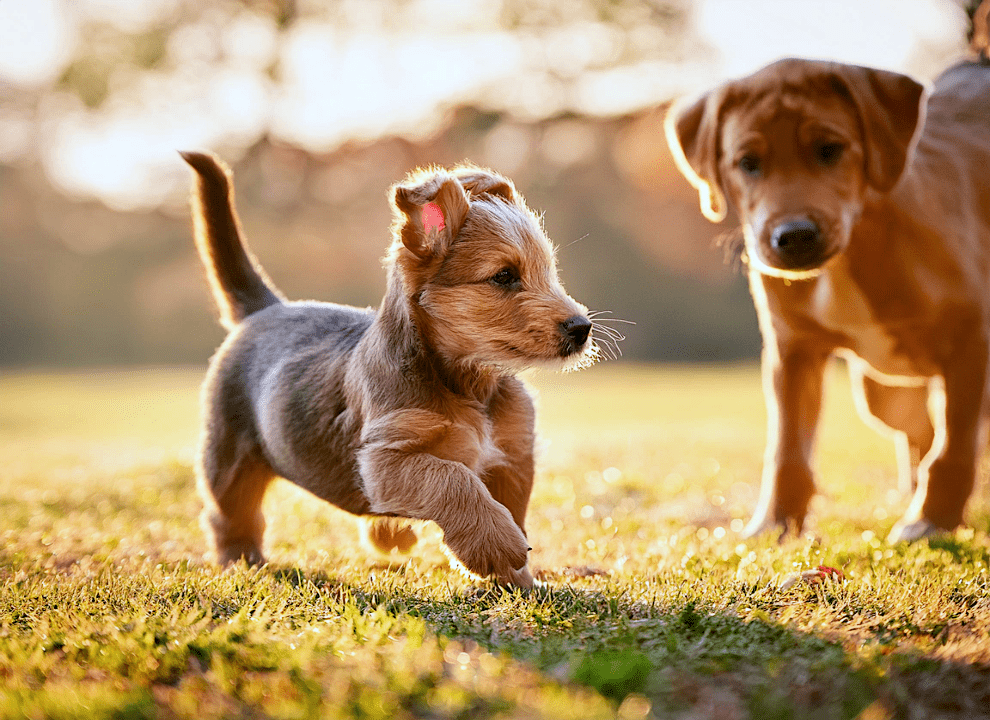
5. The puppy socialisation situation
Last but definitely not least, let’s talk about the importance of puppy playdates!
Socialization isn’t just about making your dog the life of the doggy park party (although that’s a fun bonus). It’s actually crucial for your pup’s emotional well-being and can prevent a whole lot of anxiety down the road.
Think of socialization like your dog’s introduction to the world. The more positive experiences they have with different people, animals, and environments when they’re young, the more confident and relaxed they’ll be as adults.
But here’s the kicker – if a dog misses out on these early life lessons, they might find the world a pretty scary place. So, if your adult dog seems anxious around new people or in unfamiliar situations, it might be because they didn’t get enough of those early positive experiences.
But don’t worry! While the puppy stage is prime time for socialization, it’s never too late to help your dog become more comfortable with the world around them. Slow and steady wins the race!
Wrapping It Up
So there you have it, friends – five eye-opening reasons why your furry friend might be feeling anxious.
Remember, understanding is the first step to helping. Whether it’s managing your own stress, keeping their environment stable, checking in on their health, helping them overcome past traumas, or working on their social skills, there’s always something we can do to help our pups feel more secure.
And hey, at the end of the day, sometimes all our dogs need is a little extra love and attention from us. So go ahead, give your furry friend an extra belly rub tonight. After all, they’re always there for us when we need them – it’s only fair we return the favor!
Keep wagging, stay pawsitive, and remember – a happy dog means a happy life!
